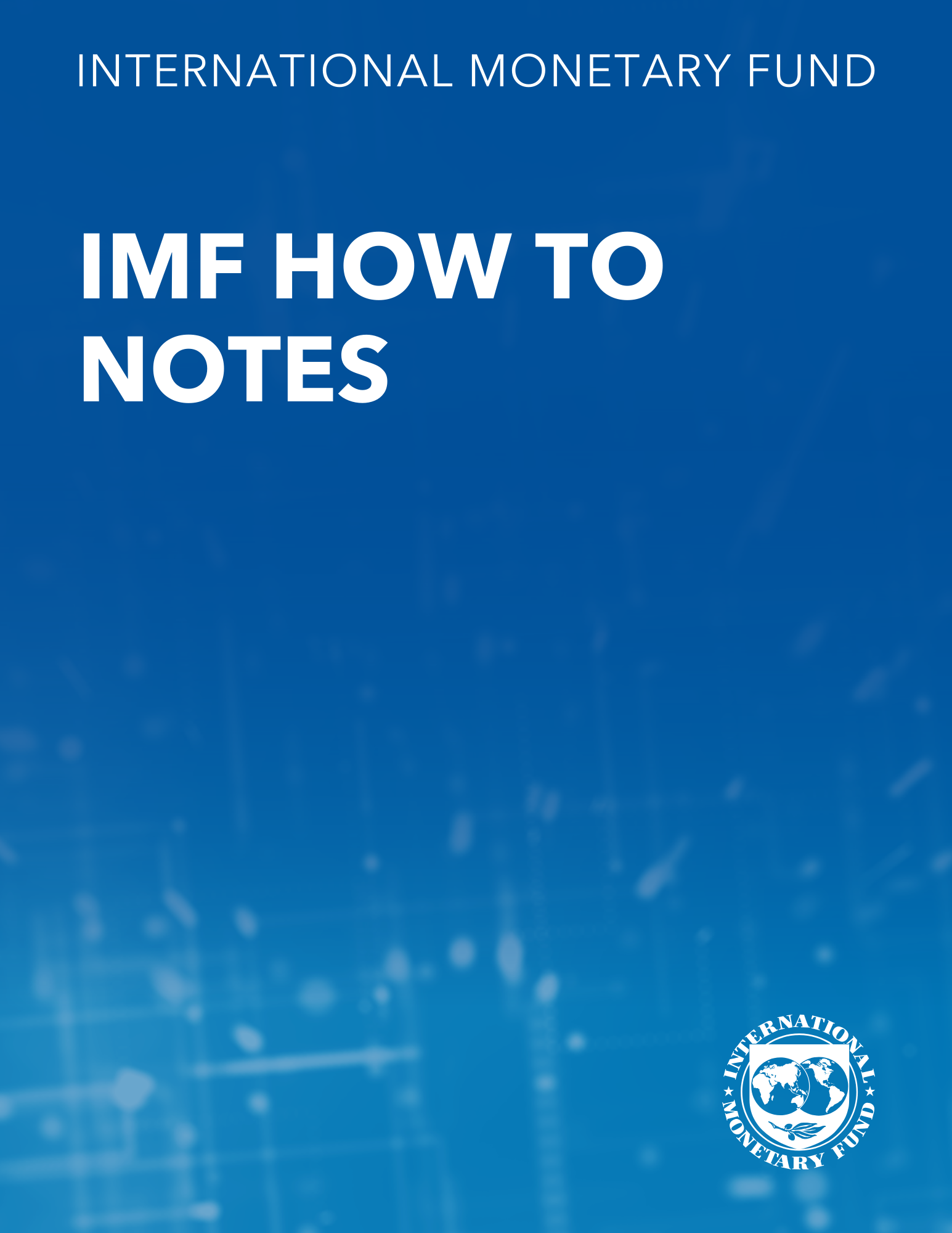The WTO Promotes Trade, Strongly But Unevenly
September 1, 2003
Disclaimer: This Working Paper should not be reported as representing the views of the IMF.The views expressed in this Working Paper are those of the author(s) and do not necessarily represent those of the IMF or IMF policy. Working Papers describe research in progress by the author(s) and are published to elicit comments and to further debate
Summary
This paper furnishes robust evidence that the GATT/WTO has had a powerful and positive impact on trade. The impact has, however, been uneven. GATT/WTO membership for industrial countries has been associated with a large increase in imports estimated at about 40 percent of world trade. The same has not been true for developing country members, although those that joined after the Uruguay Round have benefited from increased imports. Similarly, there have been asymmetric effects among sectors, with WTO membership associated with substantially greater imports in sectors where barriers are low. These results are consistent with the history and design of the institution, which presided over significant trade liberalization by the industrial countries except in sectors such as food and clothing; largely exempted developing countries from the obligations to liberalize under the principle of special and differential treatment; but attempted to redress the latter by imposing greater obligations on developing country members that joined after the Uruguay Round.
Subject: Customs unions, Imports, International trade, Tariffs, Taxes, Trade barriers, Trade liberalization
Keywords: Customs unions, developing country member, GATT, Global, gravity, Imports, members in the WTO, special and differential treatment, Tariffs, Trade barriers, Trade liberalization, WP, WTO, WTO coefficient, WTO document, WTO dummy, WTO effect, WTO exporter, WTO member, WTO membership, WTO variable
Pages:
41
Volume:
2003
DOI:
Issue:
185
Series:
Working Paper No. 2003/185
Stock No:
WPIEA1852003
ISBN:
9781451859430
ISSN:
1018-5941






